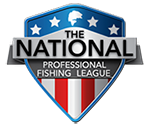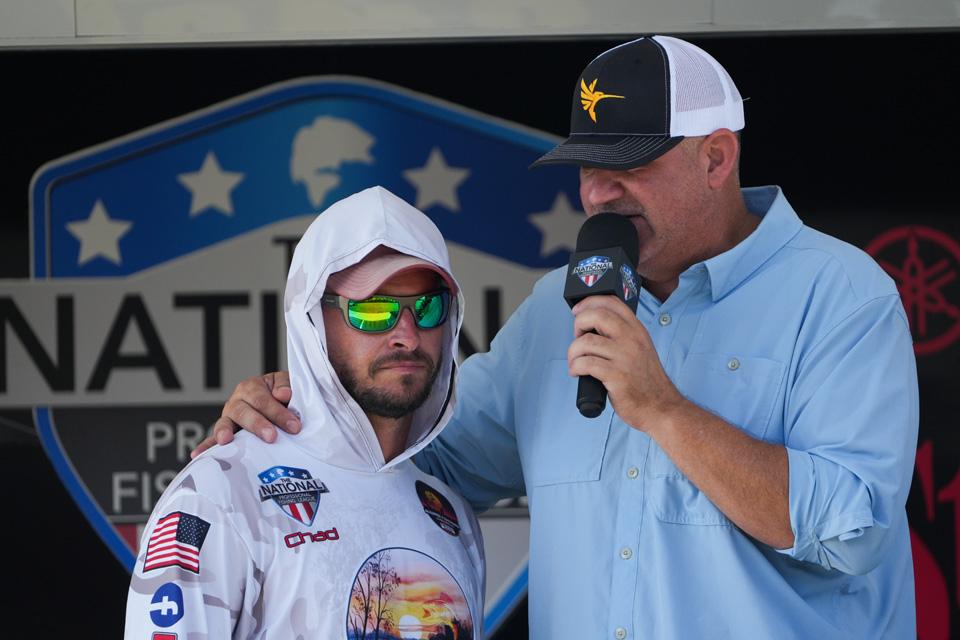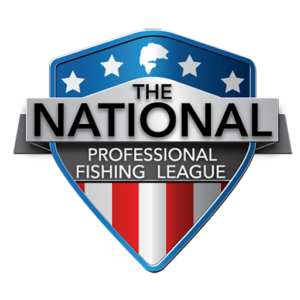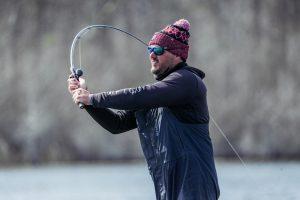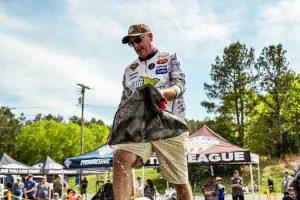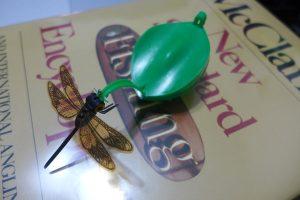Story by Chad Marler | Photos by Tanner & Travis Lyons
After running over two hundred guide trips a year, you start to see patterns. Not just on the water, but in the anglers themselves. Different ages, different backgrounds, different experience levels, yet somehow, the same struggles show up over and over again.
And after a while, you realize something important: The biggest weakness most anglers have has nothing to do with tackle, electronics, or technique. It’s decision-making.
That’s not flashy, not marketable, not the kind of thing anyone brags about, but it’s the truth.
Most anglers don’t lose fish; they lose time. They don’t struggle with equipment; they struggle with choosing what to do next. And that weakness shows up in the same ways every single season.
In this article, I want to walk you through what I see day in and day out—the habits that hold anglers back, and the mindset shifts that change everything once you finally understand them.
Most anglers fish “hope” longer than logic
One of the most common things I see happens in the first hour of a trip. Someone gets a single bite, or sees one decent mark on the screen, and suddenly they’re married to an area. The logic leaves. The hope takes over. And hope is a dangerous thing in fishing.
Good anglers have short memories. Great anglers have short leashes. They test something, gather the information, and if it’s not showing promise, they slide. They adapt. They move with conviction.
But many anglers would rather burn an hour trying to prove a spot right instead of spending fifteen minutes trying to decide if it’s wrong. That one habit alone can change your entire fishing career.
Most anglers chase fish instead of movement
Most of the anglers I teach still look at fish as stationary targets. They think fish “are” on a point, “are” in a creek, “are” out deep.
But fish don’t “are.” Fish move. They follow bait. They follow wind. They follow seasonal pushes. They follow pressure.
When you learn to chase movement, you stop getting frustrated when you don’t see what you expect. Instead, your brain starts asking the right questions.
If they were here yesterday, where’s the next logical place they went? If the wind switched, what angle now positions bait against structure? If the water temp dropped three degrees, what’s their adjustment?
You become a hunter, not a tourist. That shift alone separates serious anglers from everyone else.
Most anglers underestimate how much confidence affects their choices
I don’t care how many rods you carry or how expensive your graphs are, if your confidence drops, you’ll start making decisions from a place of panic instead of clarity.
I see it constantly on the boat. The second someone feels “lost,” everything gets rushed. Casts get sloppy. Retrieval speed changes for no reason. Decisions get emotional instead of logical.
Confidence isn’t arrogance. Confidence is clarity. It’s the understanding that if this piece of the puzzle doesn’t work, you know how to go find the next one. When you have that mindset, you stop forcing things and start following the clues the lake gives you.
Most anglers fish the pattern they want instead of the pattern they have
You’d be surprised how many people come on my boat with a preconceived idea of how they want to catch them.
They want a shallow bite. Or they want a reaction bite. Or they want to fish brush piles. And when the lake isn’t doing any of that, they keep forcing it. Not intentionally, but emotionally. A lot of anglers fall in love with a style, not a pattern.
A real pattern doesn’t care about your preferences. A real pattern doesn’t care about yesterday. A real pattern doesn’t care about your confidence bait.
The lake is honest, even when we don’t want to hear it. When you learn to take what the lake gives you—rather than what you hope it gives you—your fishing changes forever.
Information is useless without intention
I say this often on guided trips: Electronics don’t make decisions—anglers do.
The problem isn’t that anglers lack information. It’s that they lack a plan for what to do with that information.
Side imaging shows something interesting? Okay. What does that tell you about where the bait is moving?
See scattered fish? Okay. What does that say about mood?
Find a hard spot next to a ditch? Okay. How does that relate to season, wind, and forage?
Knowledge without intention is just noise. Knowledge with purpose becomes a pattern.
The strongest anglers are the best at recovering when they’re wrong
This one might surprise people, but it’s true. Great anglers aren’t right more often than the average angler. They just don’t stay wrong for long.
They’re not emotionally attached to decisions. They don’t get embarrassed by changing direction. They don’t let pride or panic push them deeper into a bad call.
The ability to recognize a mistake quickly and pivot with confidence is the single clearest difference I’ve seen between anglers who grow and anglers who stay stuck.
Final thought: The weak link isn’t your gear—it’s your process
When you spend a couple of hundred days a year on the water with anglers of all experience levels, you get a rare window into how people think. And if I’m being honest, most anglers have all the tools they need—the problem is in the way they connect the dots.
They stay too long. They force patterns. They fish emotions. They doubt themselves. They chase comfort instead of truth.
Fix those things and every part of your fishing gets sharper.
You don’t need more rods. You don’t need another box of baits. You don’t even need more electronics.
You need a clearer mind, a tighter decision-making process, and the confidence to adapt without hesitation. That’s the real difference-maker.
That’s what 200+ guide trips a year has taught me.
And it’s the one part of the game every angler—from weekend warrior to full-time pro—can improve starting today!
Chad Marler – Angler Profile
